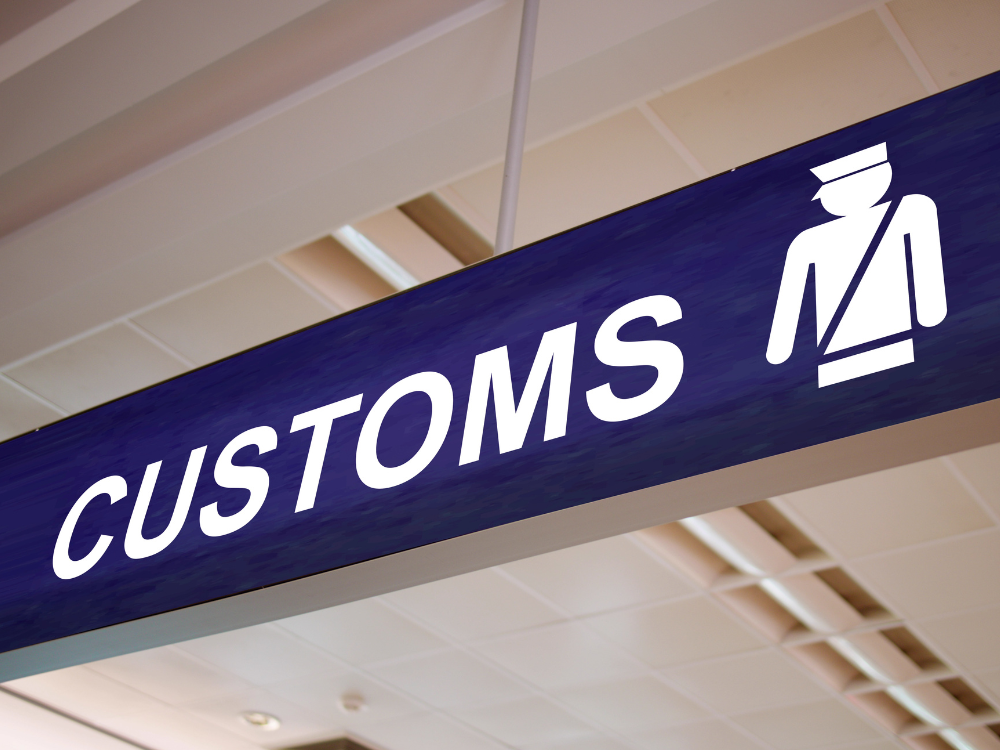Understanding Customs Challenges in Product Importation
Have you ever experienced the frustration of launching a new product, only to face unexpected delays due to customs authorities flagging it for import violations? This scenario is all too common in the United States, where even minor errors in import documentation can lead to inspections, holds, or even seizure of goods. The impact of such delays can be significant, affecting not only supply chain timelines but also a company’s reputation and financial stability.
At Legal Marketplace CONSULTANT, we understand the complexities involved in international trade and import compliance. Our legal team specializes in assisting businesses to navigate the stringent requirements imposed by the U.S. Customs and Border Protection (CBP), ensuring that your shipments clear customs smoothly and efficiently. This article explores the common challenges faced during product importation, the importance of accurate documentation, tariff classification, and how engaging with expert legal support can safeguard your business operations.
The Importance of Compliance in Import Documentation
Compliance with import regulations starts with the preparation of accurate and complete documentation. Customs authorities scrutinize every shipment to verify that all paperwork corresponds correctly with the products being imported. Inaccurate or incomplete documents can trigger detailed inspections, shipment holds, or even confiscation of goods.
Key documents required during importation include the commercial invoice, bill of lading, packing list, certificate of origin, and any applicable permits or licenses. Each document must be meticulously prepared to reflect the true nature of the shipment, its value, origin, and compliance with regulatory standards.
Common Causes of Customs Delays and Violations
Import violations often stem from unintentional errors, misunderstandings of regulations, or inadequate knowledge of tariff classifications. Some of the most common causes include:
- Incorrect or incomplete product descriptions;
- Misclassification of products under the Harmonized Tariff Schedule (HTS);
- Undervalued invoices that do not reflect the transaction’s true cost;
- Missing or improperly completed certificates of origin;
- Failure to obtain necessary permits or licenses for regulated products;
- Discrepancies between shipment contents and documentation;
- Non-compliance with CBP requirements and standards.
Any of these issues can lead to shipment delays or seizures, potentially causing significant disruption to your supply chain and financial losses.
Navigating Tariff Classifications and Duties
One area where many businesses struggle is the proper classification of products under the Harmonized Tariff Schedule. Each imported product is assigned a specific tariff code that determines the duty rate and applicable regulations. An incorrect classification can result in underpayment of duties, penalties, and increased scrutiny by customs officials.
Our legal experts assist clients in determining accurate tariff classifications by analyzing product characteristics, intended uses, and components. This precise classification ensures that your business complies with all legal obligations while optimizing duty liabilities.
Resolving Customs Disputes Efficiently
Despite best efforts, disputes with customs authorities can still arise, including denial of entry, fines, or questioning of product compliance. Such issues require timely and knowledgeable interventions to mitigate adverse impacts.
Legal Marketplace CONSULTANT works closely with U.S. Customs and Border Protection to address and resolve disputes quickly. Our attorneys are experienced in negotiating releases, submitting appeals, and representing client interests in administrative proceedings. These proactive measures prevent prolonged delays, safeguard your shipments, and protect your business reputation.
Best Practices for Smooth Customs Clearance
To minimize the risk of import disruptions, businesses should adopt the following best practices:
- Conduct thorough review and verification of all import documentation before shipment;
- Ensure accurate tariff classifications and duty calculations;
- Maintain clear and transparent communication with suppliers and freight forwarders;
- Stay updated on current customs regulations, tariffs, and trade agreements;
- Seek legal consultation prior to importing new or complex products;
- Prepare for and promptly respond to customs inquiries or audits;
- Develop internal compliance protocols and training programs for staff.
How Legal Marketplace CONSULTANT Supports Your Import Business
Our firm is dedicated to helping businesses manage the complexities of customs compliance from start to finish. We provide comprehensive services including:
- Preparation and review of import documentation to ensure accuracy and compliance;
- Advisory on tariff classification and duty optimization;
- Guidance on regulatory requirements for specific product categories;
- Representation in customs disputes and administrative hearings;
- Proactive communication with CBP to facilitate shipment release and prevent future delays;
- Training and support for in-house compliance teams.
By partnering with Legal Marketplace CONSULTANT, businesses gain peace of mind and operational efficiency, ensuring their products move legally, smoothly, and without interruption.
Future Trends in Customs Compliance and Import Regulations
The landscape of international trade is continually evolving, with new regulations and enforcement technologies shaping the future of customs control. In 2025 and beyond, importers can expect increased use of data analytics, blockchain for supply chain transparency, and stricter enforcement of trade laws.
Staying ahead of these trends requires a strategic approach to compliance and leveraging expert advice to navigate changes swiftly. Legal Marketplace CONSULTANT remains committed to updating our clients on regulatory developments and adapting our services to meet emerging challenges in the import sector.
Conclusion
Importing products into the United States presents various challenges, especially concerning customs compliance and documentation accuracy. Small errors can cause significant delays or legal issues that interrupt your business growth. Legal Marketplace CONSULTANT offers specialized legal support to ensure your shipments comply with all regulations, enabling smooth clearance through customs and swift resolution of any disputes.
By engaging our expert team, you safeguard your operations against costly interruptions, optimize tariff-related costs, and maintain strong relationships with supply chain partners. Don’t allow customs issues to stall your expansion—trust Legal Marketplace CONSULTANT to help you move your products legally, efficiently, and without hassle.
Legal Marketplace CONSULTANT — your trusted partner in customs compliance and import law, dedicated to protecting your business interests and facilitating seamless global trade.































